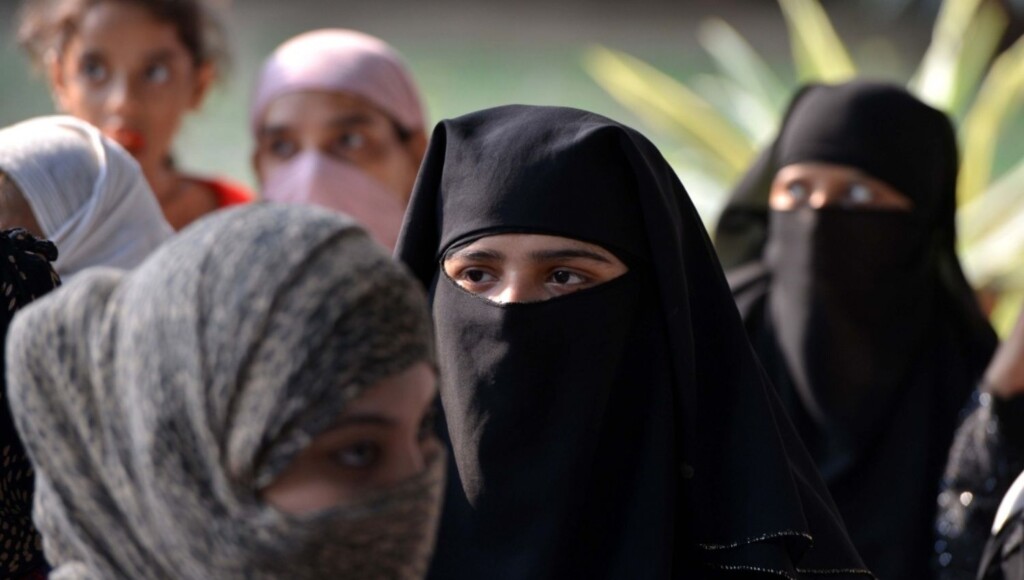The Supreme Court ruled on Wednesday that a Muslim woman has the right to receive financial support from her husband under Section 125 of the Code of Criminal Procedure (CrPC). Justices BV Nagarathna and Augustine George Masih, who presided over the case, rejected a petition filed by the man challenging the order to provide interim maintenance to his ex-wife under Section 125 CrPC.
On Wednesday, the Supreme Court declared that a Muslim woman has the right to receive maintenance from her husband as per Section 125 of the Code of Criminal Procedure (CrPC). Justices BV Nagarathna and Augustine George Masih, forming the bench, rejected a petition filed by a man challenging the order to pay interim maintenance to his divorced wife under Section 125 CrPC. The bench further stated that if the woman gets divorced while the application is pending, she can seek relief under the 2019 Act. This Act offers an additional remedy alongside the provisions of Section 125 CrPC. Moreover, the bench clarified that the Muslim Women (Protection of Rights on Divorce) Act 1986 does not supersede the secular law.
The criminal appeal has been rejected by Justice Nagarathna, who stated that Section 125 CrPC would be applicable to all women, not just married women.
In a significant ruling in the Shah Bano case in 1985, the Supreme Court determined that Section 125 CrPC is a secular provision that applies to Muslim women as well. However, this decision was overturned by the Muslim Women (Protection of Rights on Divorce) Act, 1986, and the law’s validity was upheld in 2001.
During the hearing today, the court emphasized that an Indian married man should be aware of the responsibility to support his financially dependent wife. The court also highlighted the importance of recognizing the efforts made by an Indian man who takes steps to fulfill this duty.
The case involves a petition filed by a man challenging the Telangana High Court’s order to pay Rs 10,000 as interim maintenance to his ex-wife.
Initially, the Family Court had instructed the man to pay his former wife a monthly interim maintenance of Rs 20,000. This decision was contested before the Telangana High Court on the basis that the couple had divorced under Muslim personal law in 2017. The High Court reduced the maintenance amount to Rs 10,000 per month and directed the family court to resolve the matter within six months.
The respondent, the man’s ex-wife, raised concerns at the Supreme Court regarding the claims filed under Section 125 of the CrPC.
The lawyer representing the Muslim man argued that, according to the Muslim Women Act of 1986, a divorced woman is not eligible to seek benefits under Section 125 of the CrPC. It was further argued that the 1986 Act provides more favorable provisions for Muslim women.
Justices Nagarathna and Masih, in separate but concurring judgments, upheld the right of the Muslim woman to claim maintenance from her former husband and dismissed the man’s appeal.
